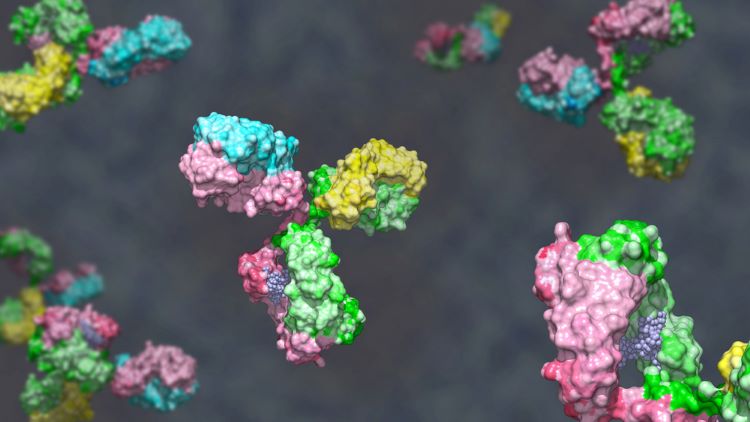Chinese ADC dominance expected to drive the first bispecific approval
Posted: 1 September 2025 | Catherine Eckford (European Pharmaceutical Review) | No comments yet
The first bispecific antibody drug conjugate market entrants are predicted to be in China or Japan as East Asia becomes a key battleground for local and multinational players.


Momentum continues to build for the evolving antibody drug conjugate (ADC) sector as newer bispecific ADCs approach the market and begin to demonstrate a therapeutic scope beyond oncology.
The race for the first bispecific ADC (bsADC) approval involves US pharmaceutical companies like Amgen and Bristol Myers Squibb as well as East Asian players such as Shanghai JMT-Bio Technology and Chia Tai Tianqing Pharmaceutical Group.
But their first battleground for this segment of the increasingly competitive ADC market therapeutic class is not expected to be in Europe or the US.
Jasper Morley, Pharma Analyst at GlobalData, said: “While 84 percent of products remain in early development, the four late-stage contenders are poised for regulatory approval in East Asia”.
That list includes SystImmune and Bristol Myers Squibb’s izalontamab brengitecan, Shanghai JMT-Bio Technology’s JSKN-003, and Chia Tai Tianqing Pharmaceutical Group’s TQB-2102, focused on the China market. Whereas Amgen’s maridebart cafraglitide is set for Japan’s market.
While three of these investigational therapies are oncology-based, Amgen’s maridebart cafraglitide is being developed for obesity and type 2 diabetes. Notably, if approved, the drug would represent the first non-oncology indication for an ADC product.
the first bsADC approval may occur in Asia, rather than in the US or EU. Alternatively, the most advanced bsADC in development for the US is Avenzo Therapeutics’ DB-1418, currently only in phase II for non-small cell lung cancer”
Morley added: “This regional concentration aligns with the dominance of Chinese companies in ADC development and suggests that the first bsADC approval may occur in Asia, rather than in the US or EU. Alternatively, the most advanced bsADC in development for the US is Avenzo Therapeutics’ DB-1418, currently only in Phase II for non-small cell lung cancer.”
There are currently 211 bsADCs in development, representing just 14 percent of the 1,554 active ADCs. Last year, ADCs generated $13.6 billion based on 21 approvals worldwide, according to analysts at GlobalData.
Advancing the antibody drug conjugate field
As the market develops, major players continue to progress the field. For example, in November last year, BioNTech SE agreed to acquire Biotheus to develop the biotech’s in-house bispecific antibody drug conjugate (ADC) capability.
“These products could provide new standards for efficacy and selectivity, while also expanding the therapy area scope past oncology. Upcoming years will decide whether bsADCs remain a niche innovation or emerge as a cornerstone of precision medicine,” Morley noted.
Related organisations
Amgen, Bristol-Myers Squibb (BMS), Chia Tai Tianqing Pharmaceutical Group, GlobalData Pharma, Shanghai JMT-Bio Technology, SystImmune
Related drugs
antibody drug conjugate (ADC), bispecific antibody, izalontamab brengitecan, JSKN-003, maridebart cafraglitide, TQB-2102




